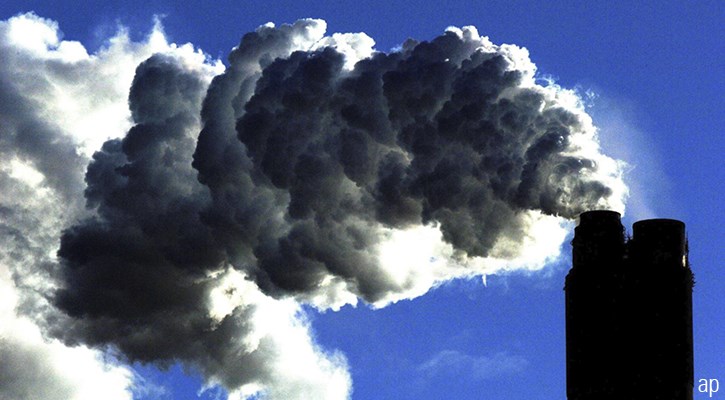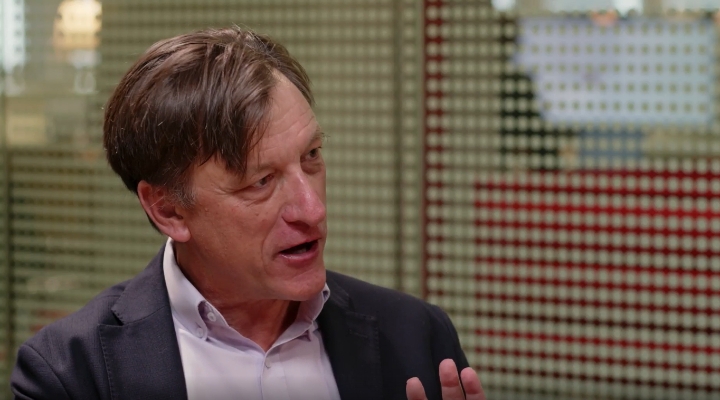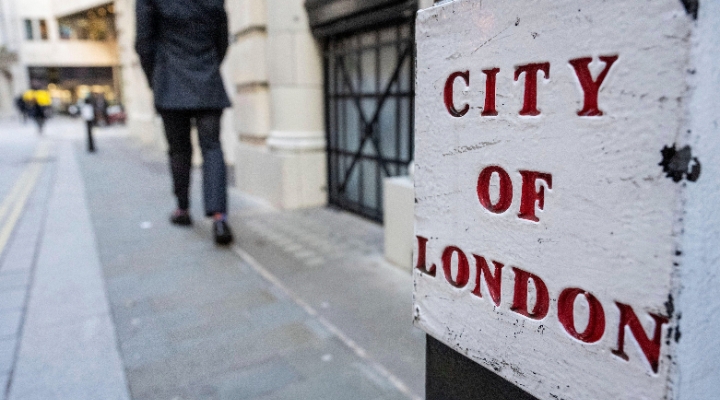
While the coronavirus crisis is the main preoccupation for investors right now, sustainability concerns have not gone away. ESG remains high on the corporate agenda, with Shell announcing on April 16 that is targeting "net zero" carbon emissions by 2050. Its chief executive said that while people are understandably focused on jobs and health at the moment, it is important not to lose sight of long-term challenges.
For investors looking for more sustainable stocks to add into their portfolio, we have looked at five companies with a low or negligible carbon footprint, using a “Carbon Risk Score” provided by our data partner Sustainalytics.
“The score indicates how much a company’s economic value is at risk in the transition to a low-carbon economy,” says Hortense Bioy, director of sustainability research at Morningstar. Scores look at how carbon intensive a company’s operations are, what their involvement in fossil fuels is – and what they are doing to mitigate their environmental impact.
We have next screened for companies with wide economic moats or strong competitive advantages to generate a list of five stocks that are both strong and sustainable.
Unilever
Carbon Risk: Low
Share Price: £42.47
Share Price YTD: -2.30%
A favourite of buy-and-hold investors such as Nick Train, Unilever make products such as Dove soap and Magnum ice cream. But consumer goods firms such as this have had to grapple with the issue of how to make more of their packaging recycable. Its share price has been resilient in the sell-off, losing just 2.85% since the start of the year.
Morningstar analyst Philip Gorham says: "With a wide economic moat, built around its supply-chain advantages, Unilever has a better chance than most of its peer group of reigniting growth in the medium term."
Procter & Gamble
Carbon Risk: Low
Share Price: $119
Share Price YTD: -3.25%
Along with Unilever, P&G is one of the biggest consumer goods companies in the world. Both businesses have benefited from the recent spike in sales in food, drink and personal healthcare products, particularly as many panicked shoppers stocked up on essentials ahead of lockdowns being imposed.
Morningstar's Erin Lash says P&G has takes "a holistic approach to brand investing, encompassing how a product performs, the packaging, brand messaging, execution in stores and online, and the value of a product for both its retail partners and end consumers".
Visa
Carbon Risk: Negligible
Share Price: $160
Share Price YTD: -16.23%
Apart from plastic cards, Visa doesn't produce a physical product, so it has a less extensive manufacturing footprint than P&G and Unilever. Its carbon risk is even lower than these companies, with a negligible risk score.
Brett Horn, senior equity analyst, argues that the firm is unusual in having a dominant market position as well as strong growth prospects. As we move towards becoming a cashless society in favour of contactless and electronic transations - a trend that has been accelerated with the spread of Covid-19 as people avoid cash payments - Horn says: "Visa’s position in the global electronic payment infrastructure is essentially unassailable."
Microsoft
Carbon Risk: Negligible
Share Price: $167
Share Price YTD: 4.37%
Microsoft rejuvenated its business world when it moved from providing software on a tangible disc to a cloud software and subscription model. Its cloud business, Azure, is also expected to benefit in the post-lockdown environment as more companies embrace remote working. Like Zoom (ZM), Microsoft's Teams app has seen a big increase in sign-ups as people get to grips with video conferencing. Morningstar analysts rate Microsoft highly, assigning it a wide moat, and think it is one of the best-positioned tech companies to weather the current crisis.
AstraZeneca
Carbon Risk: Negligible
Share Price: £81.97
Share Price YTD: 7.01%
UK-based Astra is currently running a clinical trial on its drug Calquence to see if it's suitable as a coronavirus treatment and the firm also just joined the UK Government taskforce to tackle the virus. While the Carbon Risk Score considers environmental impact, a company that produced a coronavirus vacccine would rank highly for "social" impact. The stock is one of the most widely held in "ex-fossil fuel" funds, according to Morningstar analysis.
Analyst Damien Conover says the company " developing several key products that hold blockbuster potential", with cancer treatment drugs a key priority.
"Successful coronavirus treatments by the pharmaceutical industry should also remind the world about the social importance of the group," he adds.




























